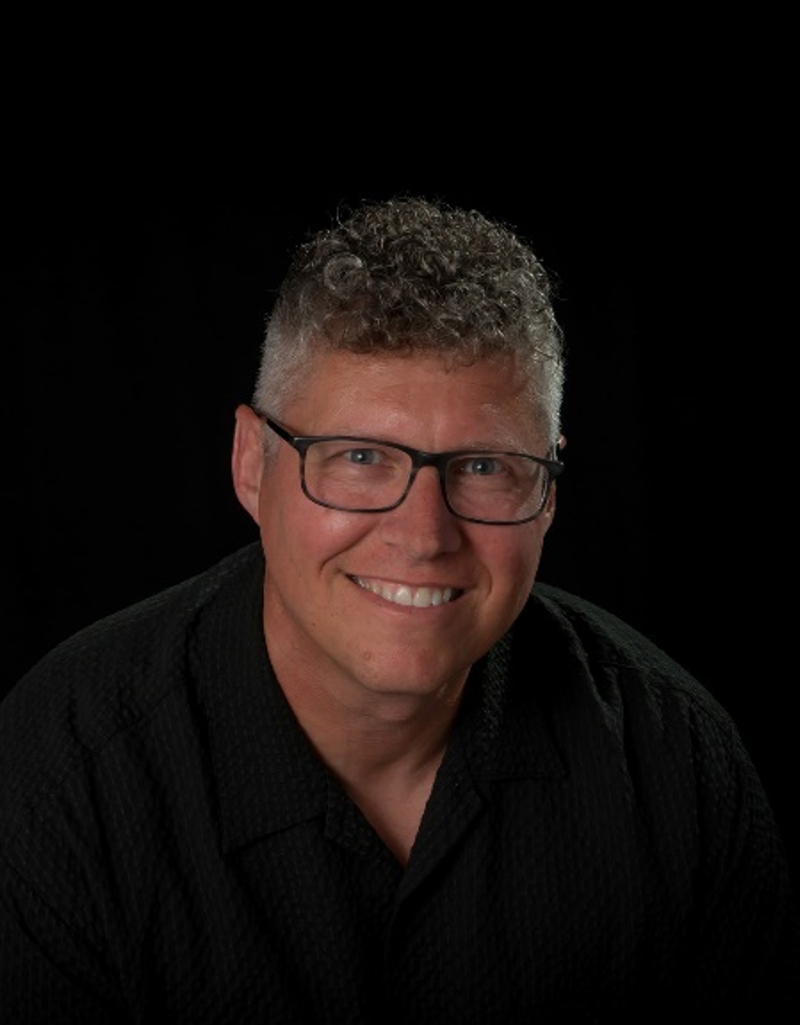
Sunset at Point Pleasant
Last month I chaperoned a youth mission trip to Point Pleasant, West Virginia. It is a town of 9,000 or so nestled at the junction of the Kanawha and Ohio rivers. The expansive view of the calm waters and the characteristic southern hospitality of the people are charming. It is anachronistic, evoking images of an America gone by. It is even the home of the kitschy Mothman museum! It’s easy to see how the town got its name.
Unfortunately all is not as it first seems. A pall, catalyzed by the decline of the coal and steel industries and exacerbated by culture and poor governance, plagues this beautiful place. Like so many towns in the region, the social fabric is not what it once was. Caught in a downward spiral, malaise is evident in the empty storefronts as well as the types of businesses that remain.
Heartbreak seems to hang in the air. You see it in the broken families and the widespread hardship and tragedy of the residents. Infrastructure, opportunity, and with them hope, wither. Seven of every ten babies born in the one area hospital that remains open (an hour’s drive) are born to drug-addicted mothers. This is not what American society is supposed to be like. But it is reality in Appalachia (and of course other areas.)
Serving people in need is a dicey prospect. You have to make sure that the help goes where it’s really needed. You certainly don’t want to create a cycle of dependency. You need to engage those in need in ways that work for them. For example, I learned that people who suffer property damage will often avoid aid from FEMA or even the Red Cross. These agencies have earned a reputation for the condemning of damaged housing and thus forcing victims’ homes to be leveled. Hmm – people don’t like it when you force them to move and demolish their property – who would’ve thought?
West Virginia has a history of outsiders coming in for the abundant resources, not necessarily for the benefit of the people who live there. So there is a particular brand of distrust. Getting people to accept help from outsiders is not easy. But the Presbytery of Carlisle in concert with dedicated members of the local community has made impressive inroads. They have established a program whereby volunteer workgroups may visit, stay in dorms constructed for the purpose in the local Presbyterian Church, and serve people who qualify for assistance.
Our group consisted of four adult chaperones and ten teens, ages 13 – 17. We were assigned to three different sites. We helped an older couple install an easier-to-access bathtub. My team helped that same couple by fitting and installing latticework to enclose an outside storage area. Other workgroups cleaned gutters, repaired flooring, and did lots of sanding, caulking, and painting. They helped a wonderful 86-year-old man who had recently lost his wife. He had spent the last three years taking care of her as she had lost the ability to speak or move. Another single mom is struggling to keep her trailer in livable condition. Our team gave her a big boost in the right direction.
As was explained to us by the area program director, we did not simply work on homes. We worked on hearts. We learned to look at their situations from their perspective. The people we helped had felt hopeless; powerless – without resources. They felt isolated and forgotten.
Then a bunch of strangers, mostly kids, show up to help them. It shows them that there are people who care. It proves that they are not alone – that there are people who will help them even if they have to drive six hours to get there. It transforms their outlook and their spirits.
To those people, we were the hands of God. It really wasn’t that much – a few days of work around somebody’s home. But to them, we were a miracle. They could scarcely find the words to convey their appreciation.
The experience was profound. The kids on the trip expressed a variety of reactions. Some learned new skills and surprised themselves about what they could really do. Others were moved by the difference they made in the lives of people they had never before met. Others emphasized the camaraderie and the new shared experiences.
My takeaway was this: it pays to push through your fears.
I had never participated in a work trip before. I had always been afraid that my back problems would cause me too much pain. I thought I would either have to sit idle and watch others work, or pay a price as it might take weeks for me to return to normal function. Mainly because I saw it as the last opportunity to go with both of my kids on such a trip (my son Collyn turned 18 while we were there), I resolved to go this time and just remain mindful of my capability.
It turned out that my back was fine. I was able to accomplish my duties and do so with little to no pain. I am very thankful that I did not allow my fear to prevent this amazing experience. My kids learned the same lesson as they pushed through fears of their own. It reaffirmed the belief that life’s treasures lay somewhere beyond our comfort zones.

